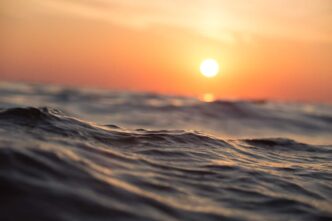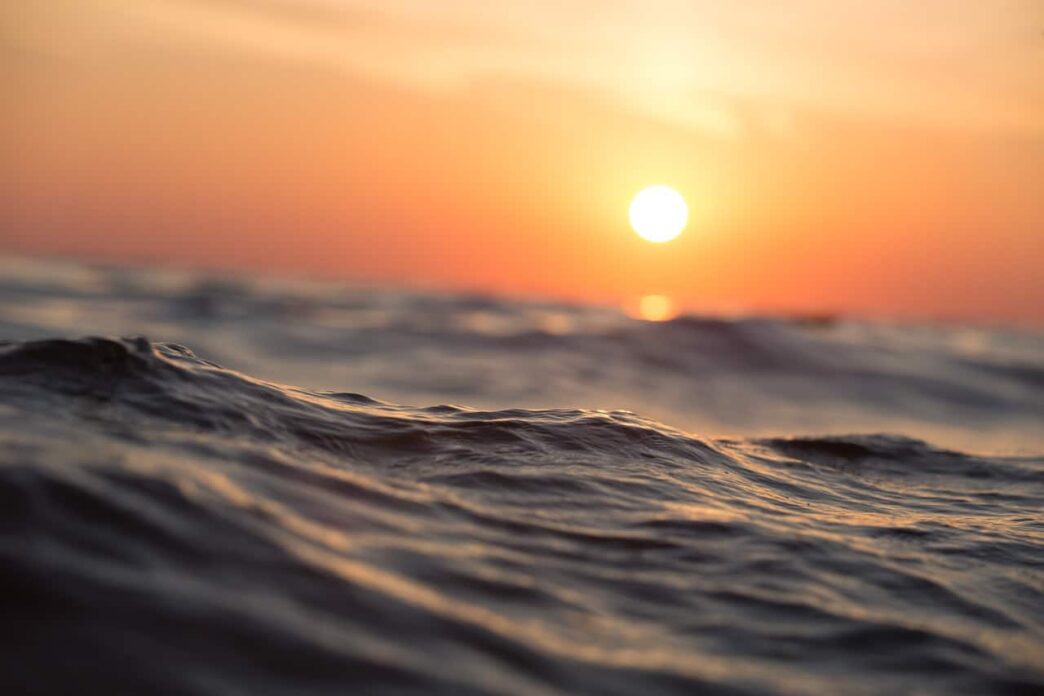Technology emerges as a beacon of hope in an era where the world’s oceans face unprecedented threats, from pollution to overfishing. This article delves into the innovative solutions designed to mitigate these problems, providing a glimpse into a future where technology and environmental conservation converge. Through exploring five key areas, we uncover how advancements are not only addressing urgent environmental issues but also reshaping our approach to ocean conservation.
Harnessing the Power of AI for Ocean Monitoring
Artificial Intelligence (AI) stands at the forefront of the battle against ocean degradation, offering tools that dramatically enhance our ability to monitor and protect marine ecosystems. Through the analysis of vast datasets, AI algorithms can predict harmful algal blooms, track the movements of endangered species, and monitor illegal fishing activities in real time. These technologies provide conservationists with unparalleled insights into the health of marine environments, enabling proactive rather than reactive measures. As we venture further into the digital age, the integration of AI into marine conservation efforts represents a pivotal shift towards more effective stewardship of our oceans. The potential of AI in this domain is as vast and unexplored as the Metaverse, promising a future where technology and nature coexist in harmony.
Revolutionizing Waste Management & the Role of Robotics
The proliferation of plastic waste in our oceans is a dire problem, with millions of tons entering marine environments each year. However, robotics technology offers a glimmer of hope, with innovative machines designed to collect and remove waste from waterways, beaches, and the ocean’s surface. These autonomous or remotely operated vehicles are equipped with sensors and cameras to identify and collect different types of waste, significantly reducing the human labor required for clean-up efforts. By deploying fleets of these robots, we can tackle the plastic pollution crisis more efficiently, preventing the accumulation of waste that endangers marine life and ecosystems. Robotics in waste management not only represents a step forward in environmental conservation but also showcases the potential of technology to address global challenges head-on.
Renewable Ocean Energy
As the world seeks sustainable alternatives to fossil fuels, the ocean emerges as a powerful source of renewable energy. Technologies such as tidal and wave energy converters harness the natural movements of the ocean to generate electricity, offering a clean, inexhaustible energy source. These systems, which can be installed on or beneath the ocean’s surface, have the potential to significantly reduce our reliance on fossil fuels and mitigate climate change impacts. Moreover, the development of offshore wind farms adds another layer to the ocean’s role in the green energy revolution. This shift towards renewable ocean energy not only promises to decrease greenhouse gas emissions but also paves the way for a sustainable economic model centered around blue energy. As industries begin to recognize the potential of the ocean in the energy sector, innovative marketing strategies, such as SoundCloud advertising, emerge to promote these groundbreaking technologies. This subtle yet effective approach helps raise awareness and support for renewable ocean energy, highlighting its importance in the fight against climate change.
Sustainable Fishing Practices
Emerging technologies are revolutionizing the fishing industry by promoting responsible harvest methods that ensure the long-term health of fish stocks. Innovations such as precision aquaculture leverage sensors, GPS, and data analytics to optimize feeding, reduce waste, and monitor fish health, minimizing environmental impact. Additionally, electronic monitoring systems on vessels enable the enforcement of sustainable fishing quotas and protect vulnerable species by ensuring compliance with conservation regulations. These advancements not only help maintain the ecological balance but also support the livelihoods of communities reliant on fishing, marking a significant step towards a more sustainable relationship with our oceans.
Digital Guardians of the Sea
The establishment of Marine Protected Areas (MPAs) is crucial for the conservation of marine ecosystems. Advanced technologies, including satellite surveillance and drone monitoring, play a key role in the enforcement of protections within these zones. By providing real-time data on human activities, these tools help prevent illegal fishing and destructive practices in sensitive regions. Furthermore, digital platforms facilitate the global sharing of knowledge and best practices among conservationists, enhancing the effectiveness of MPAs worldwide. The integration of technology in the management of MPAs exemplifies how digital innovation can serve as a guardian of our oceans, safeguarding biodiversity and promoting the recovery of endangered species and habitats.
These technologies not only address immediate threats but also pave the way for a sustainable coexistence with our marine environments. As we continue to explore and implement these innovations, it is imperative that we foster a global commitment to protecting our oceans, ensuring they remain a vibrant and life-sustaining force for generations to come. The journey towards ocean conservation is complex and multifaceted, but with technology as our ally, we are better equipped than ever to face these challenges head-on, charting a course towards a more sustainable and harmonious future.





